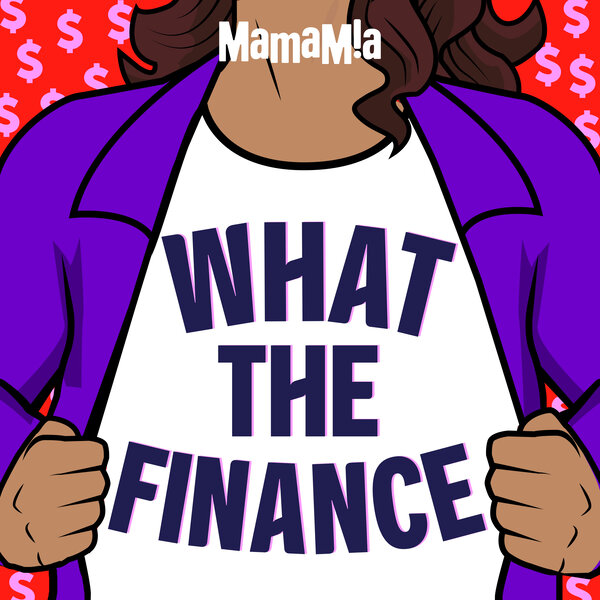
You'd be forgiven for tuning out whenever you hear someone bring up that dreaded, finance-y word: superannuation.
It often comes alongside other fun words like 'investing' and 'retirement', and I can barely plan what's for dinner tonight, please don't ask me how my long-term savings are going.
Looking out for a future self just doesn't come naturally to most people, and for good reason. Who knows what the future holds?
Watch: 5 money lessons your parents told you, that you should probably forget... Post continues below.
But please, allow me to convince you to invest (geddit?) a few minutes of your time in this article, because superannuation is a pretty important concept to get your head around, and it could literally make you hundreds of thousands of dollars.
This week on Mamamia's money podcast, What the Finance, Melissa Browne and Pallavi Sharda sat down with Melinda Howes from BT Super, to chat all things superannuation.
Here are some of the key takeaways from that chat:
What is Superannuation?
Superannuation, otherwise known as 'Super' is money that is set aside while you're working, so you'll have some money to live off when you retire.





























































































